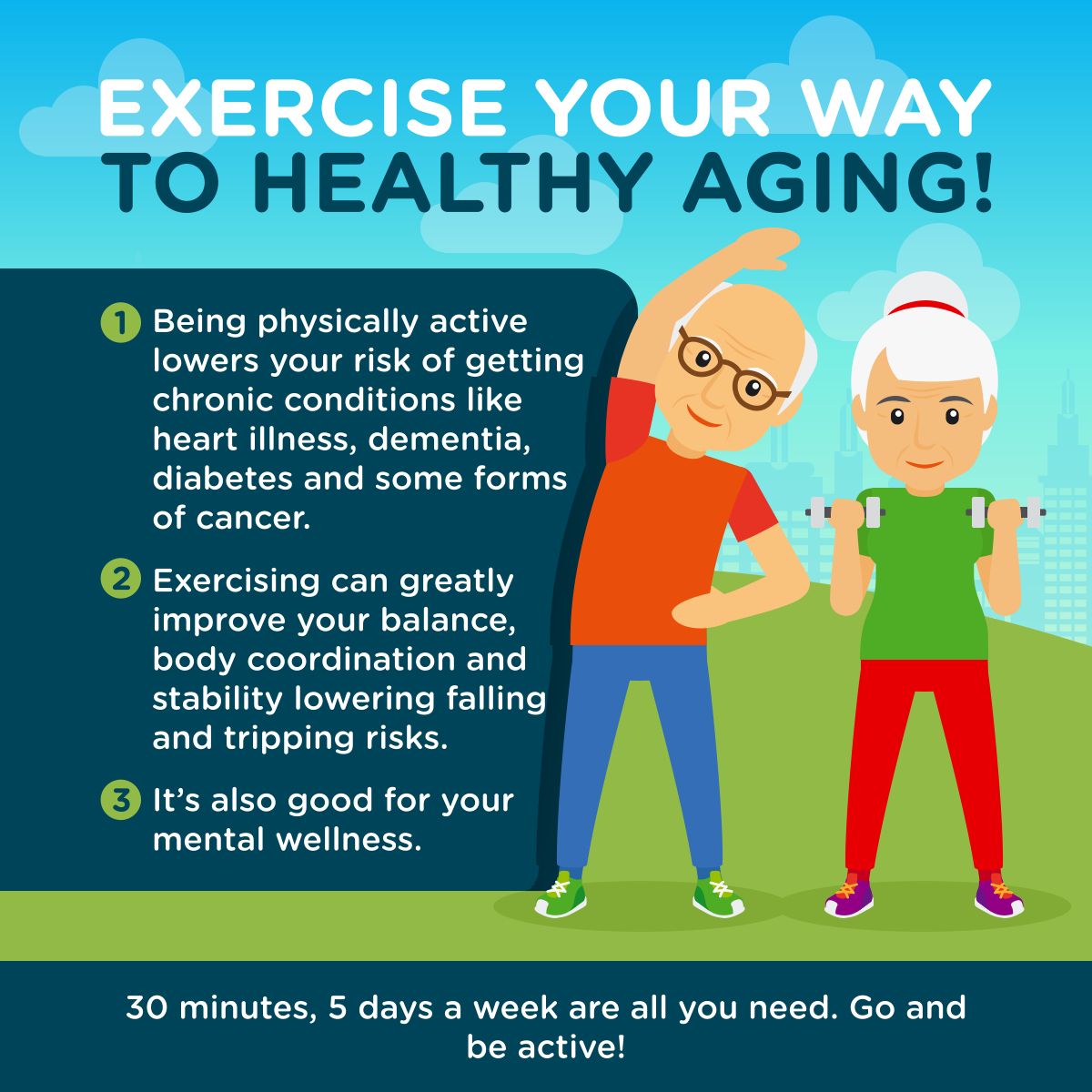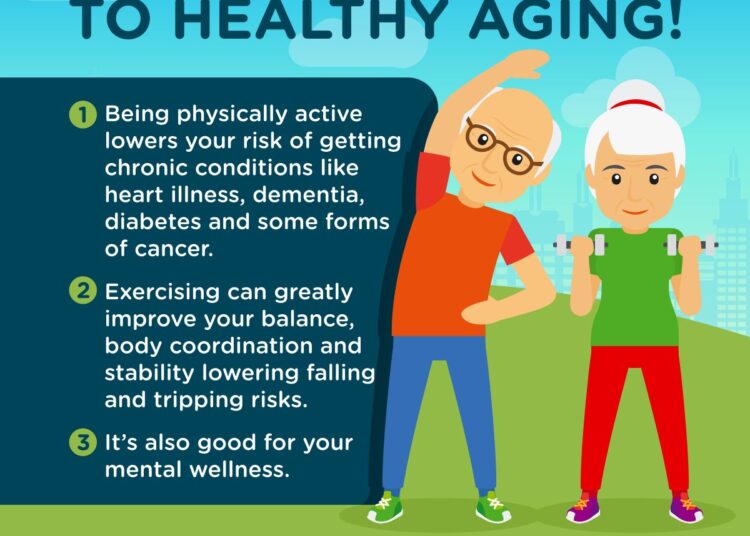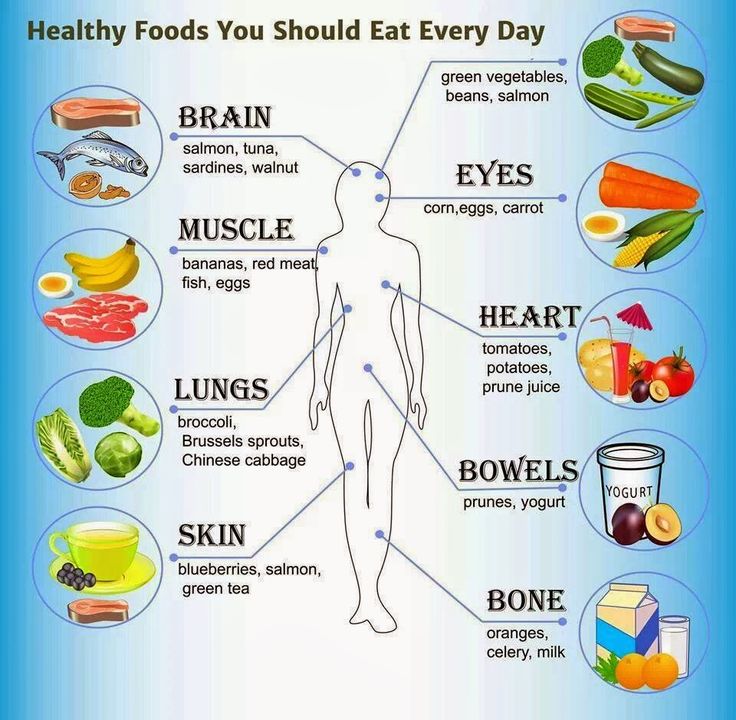Beginning with Wellness for aging population: Tips for 50+ adults, the narrative unfolds in a compelling and distinctive manner, drawing readers into a story that promises to be both engaging and uniquely memorable.
As we delve into the importance of wellness for adults over 50, we uncover the benefits of prioritizing wellness in older age and explore the impact it has on aging adults through insightful statistics.
Importance of Wellness for Aging Population
Maintaining wellness is crucial for adults over 50 to ensure a healthy and fulfilling life in their later years. Prioritizing wellness in older age can lead to numerous benefits that enhance overall well-being and quality of life.
Benefits of Prioritizing Wellness
- Improved Physical Health: Engaging in regular exercise and maintaining a balanced diet can help prevent chronic diseases such as heart disease, diabetes, and osteoporosis.
- Enhanced Mental Well-being: Practicing mindfulness, meditation, and staying socially active can improve cognitive function and reduce the risk of mental health issues like depression and anxiety.
- Increased Longevity: Studies have shown that individuals who prioritize wellness in their older years tend to live longer and enjoy a higher quality of life.
Statistics on the Impact of Wellness
According to the World Health Organization, regular physical activity can reduce the risk of cardiovascular diseases and stroke by 30%.
A study published in the Journal of the American Medical Association found that engaging in wellness activities such as yoga and tai chi can improve balance and reduce the risk of falls in older adults.
Physical Wellness Tips
Regular physical activity is crucial for maintaining overall health and wellness, especially as we age. Here are some tips to help 50+ adults stay active and healthy.
Exercises for 50+ Adults
- Walking: A simple yet effective way to improve cardiovascular health and maintain mobility.
- Yoga: Helps improve flexibility, balance, and reduce stress levels.
- Strength Training: Incorporate resistance exercises to build muscle mass and bone density.
- Swimming: A low-impact exercise that is gentle on the joints while providing a full-body workout.
The Importance of Flexibility and Strength Training
Flexibility and strength training are essential for older adults to maintain independence and prevent injuries. Stretching exercises improve range of motion and reduce the risk of falls, while strength training helps preserve muscle mass and bone strength.
Tips for Maintaining an Active Lifestyle
- Schedule regular exercise sessions to make it a priority.
- Find activities you enjoy to stay motivated and engaged.
- Listen to your body and adjust the intensity of your workouts as needed.
- Stay hydrated and fuel your body with nutritious foods to support your physical activity.
Mental Wellness Strategies

As we age, it is crucial to prioritize mental wellness just as much as physical health. Mental health plays a significant role in the overall well-being of older adults, impacting their quality of life and daily functioning.
Activities to Promote Cognitive Function
Engaging in activities that stimulate the brain is essential for maintaining cognitive function in older adults. Some beneficial activities include:
- Reading books or solving puzzles to keep the mind active and sharp.
- Learning a new skill or hobby to challenge the brain and promote neural connections.
- Participating in memory exercises or brain training games to improve cognitive abilities.
The Role of Social Interactions in Mental Wellness
Social interactions play a vital role in promoting mental wellness for aging individuals. Staying connected with friends, family, and the community can have numerous benefits, such as:
- Reducing feelings of loneliness and isolation, which are common among older adults.
- Providing emotional support and a sense of belonging, enhancing overall well-being.
- Engaging in social activities and conversations to stimulate the mind and maintain cognitive function.
Nutritional Guidelines

Proper nutrition plays a crucial role in maintaining health and wellness, especially as we age. Here are some essential guidelines to help adults over 50 stay healthy and vibrant.
Essential Nutrients for Adults Over 50
- Calcium: Important for bone health and muscle function.
- Vitamin D: Helps with calcium absorption and supports immune function.
- Vitamin B12: Essential for nerve function and red blood cell production.
- Potassium: Helps regulate blood pressure and muscle contractions.
- Fiber: Aids in digestion and helps prevent constipation.
Dietary Recommendations for Older Adults
It is recommended that adults over 50 focus on a balanced diet rich in fruits, vegetables, whole grains, lean proteins, and healthy fats. Limiting processed foods, sugar, and sodium intake is also important for overall health.
Tips for Meal Planning and Portion Control
- Plan your meals ahead of time to ensure you are getting a variety of nutrients.
- Use smaller plates to help with portion control and prevent overeating.
- Include a source of protein, healthy fats, and fiber in each meal to stay satisfied longer.
- Stay hydrated throughout the day and limit sugary drinks.
Closure
![]()
In conclusion, the discussion on wellness for aging population: Tips for 50+ adults leaves us with a profound understanding of how crucial it is to focus on physical and mental well-being as we age. By following the tips and guidelines provided, individuals can lead a healthier and more fulfilling life in their later years.
FAQ Corner
What are some exercises suitable for 50+ adults?
Some exercises include walking, swimming, yoga, and light weight training to maintain strength and flexibility.
How important is mental health in older adults?
Mental health is crucial for older adults as it impacts overall well-being and quality of life. Engaging in activities that promote cognitive function and social interactions are beneficial.
What are some essential nutrients for adults over 50?
Essential nutrients include calcium, vitamin D, B vitamins, and omega-3 fatty acids for bone health, energy, and cognitive function.









